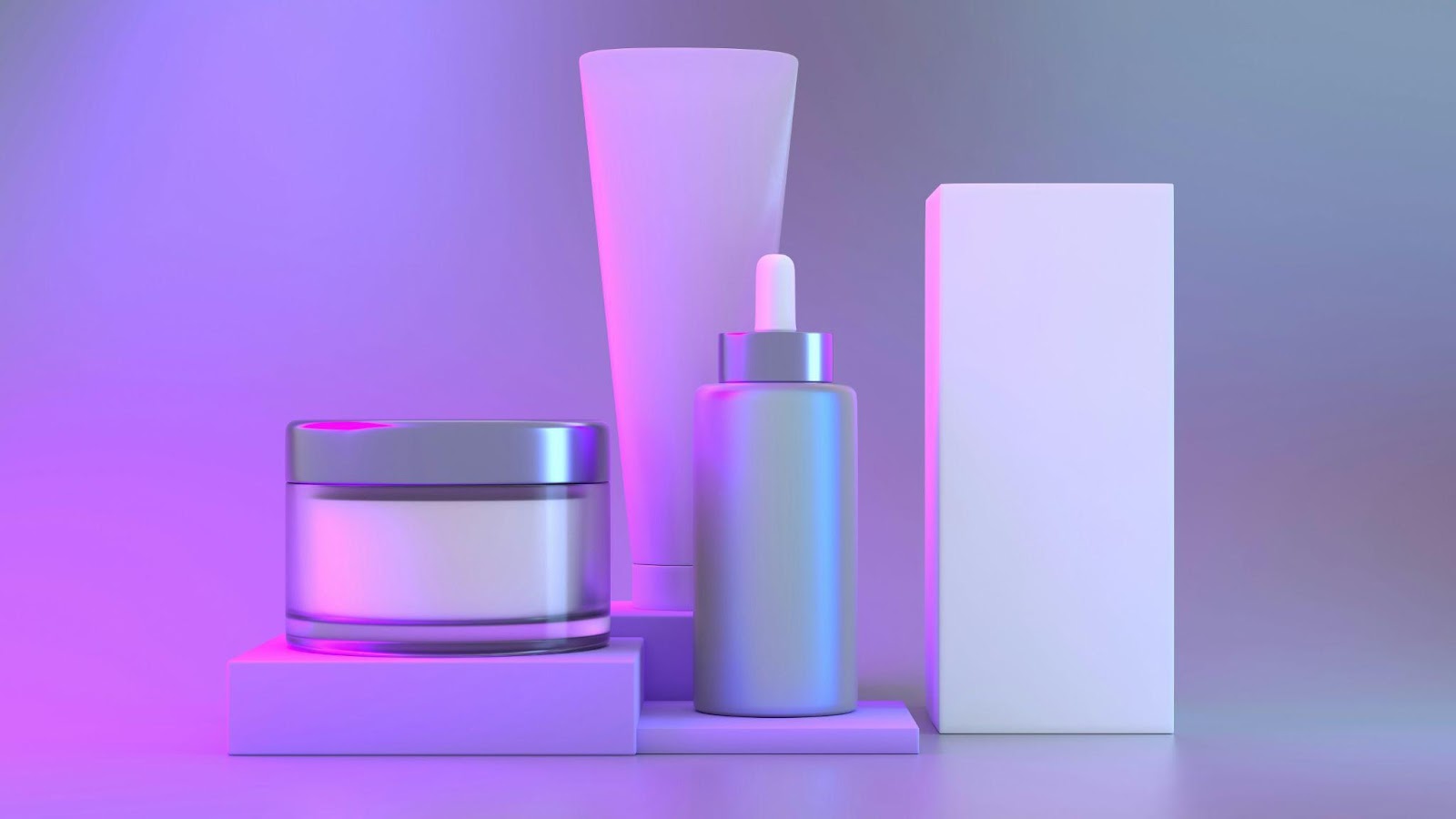 Photo by Guru _Clics on Pexels
Photo by Guru _Clics on Pexels
Switching to an eco-friendly beauty kit isn’t just a trend—it’s a meaningful step toward protecting our planet. As seasons change, our skin and hair needs shift too, making it the perfect opportunity to rethink our beauty essentials. By choosing sustainable products like a vegan shampoo, we can reduce waste and support brands that prioritize the environment without compromising quality.
From reusable tools to biodegradable packaging, building a green beauty routine is simpler than ever. According to the Environmental Protection Agency (EPA), reducing single-use plastics significantly cuts down on pollution, making our choices matter more than we realize. Let’s explore how we can create a versatile, eco-conscious beauty kit that works year-round while staying kind to the Earth.
Why Choose Eco-Friendly Beauty Products
Opting for eco-friendly beauty products supports a sustainable lifestyle and reduces our footprint on the planet. These products not only benefit the environment but also enhance personal well-being.
Benefits For The Environment
Eco-friendly beauty products minimize environmental harm through sustainable ingredients and packaging. Using items with biodegradable materials and refillable containers significantly reduces plastic waste. According to the Environmental Protection Agency (EPA), reducing single-use plastics can lower pollution levels in oceans and landfills.
Switching to solid conditioner products helps cut down water use in production, as these options are concentrated and often come in plastic-free packaging. By supporting brands prioritizing sustainable practices, we drive demand for environmentally conscious beauty solutions, encouraging industry-wide change.
Advantages For Your Skin And Health
Many eco-friendly beauty products avoid harsh chemicals like sulfates, parabens, and synthetic fragrances, which can irritate skin and harm overall health. Instead, they incorporate natural, organic ingredients that are gentle and nourishing.
Products like solid conditioners often feature plant-based formulas rich in vitamins and antioxidants, which promote healthier hair and scalp. Vegan shampoos cater to sensitive skin types and avoid using animal-derived ingredients, ensuring cruelty-free benefits while reducing the risk of allergic reactions. By choosing sustainable beauty, we prioritize both our health and ethical values.
Essentials For A Sustainable Beauty Kit

Photo by Shawnee Wilborn on Unsplash
Building a sustainable beauty kit requires thoughtful choices that align with eco-conscious values. Prioritizing reusable materials, natural products, and biodegradable options helps minimize environmental impact.
Reusable And Refillable Containers
Incorporating reusable and refillable containers reduces waste significantly. Opt for glass jars, stainless steel tins, or refillable makeup palettes. Many brands, like Kjaer Weis and ILIA, offer refill systems for products, making it easy to replenish without discarding packaging. For liquid products such as serums or body lotions, choose refillable bottles with pumps.
Purchasing products from brands with take-back or recycling programs, such as Lush or MAC Cosmetics, ensures packaging waste is managed sustainably. Creating a habit of reusing containers for travel or DIY beauty items can also enhance your kit’s eco-friendliness.
Organic And Natural Formulations
Choosing organic and natural beauty products ensures safety for both skin and the environment. Look for certifications such as USDA Organic or ECOCERT to verify authenticity. Vegan shampoos and skincare items made with plant-based, cruelty-free ingredients contribute to ethical consumption.
Avoid synthetic chemicals, such as parabens or phthalates, that may harm ecosystems when washed off. Solid conditioners are compact alternatives to liquid options, using fewer resources during production. Brands like Ethique or Seed Phytonutrients provide quality formulations in zero-waste packaging.
Biodegradable Tools And Accessories
Switching to biodegradable tools limits non-recyclable waste. Items like bamboo makeup brushes, reusable cotton rounds, and compostable sponges replace single-use plastics effectively. For haircare, bamboo or wooden combs and brushes offer durable, eco-friendly alternatives.
Include products like konjac sponges or natural loofahs, which biodegrade naturally. Brands such as EcoTools and The Green Brush focus on sustainable designs without sacrificing performance. Ensuring tools decompose easily after their lifecycle ends aligns with the principles of green beauty.
Seasonal Must-Haves For Your Eco-Friendly Kit

Photo by Alexander Mils on Unsplash
Adapting your beauty routine to each season ensures your skin stays healthy, while making sustainable choices reduces waste year-round. Here’s a guide to eco-friendly essentials for every season.
Spring: Refresh And Renew
Spring calls for lightweight, natural products to refresh the skin after winter’s dryness. Gentle exfoliators with biodegradable beads and natural scrubs help clear dead skin. Use shampoo with plant-based ingredients to eliminate toxins from hair and scalp care. Incorporate a solid conditioner to minimize environmental impact while hydrating strands.
Reusable bamboo cleansing pads paired with organic cleansers provide an eco-conscious way to remove makeup and impurities. Lightweight, reef-safe sunscreen completes your spring kit, protecting against UV rays without damaging ocean ecosystems.
Summer: Sun Protection And Hydration
Sustain your skin in the heat with eco-conscious, hydrating products. Opt for mineral-based SPF with non-toxic formulas that safeguard marine life. Lightweight moisturizers with aloe vera offer hydration without clogging pores. Solid cleansers with organic compositions simplify travel and reduce packaging waste. Include a compact, refillable face mist for refreshing relief on hot days. For hair, vegan shampoo bars ensure effective cleansing while saving water in production. Pair these with a compact, biodegradable comb for on-the-go detangling.
Fall: Nourishment And Repair
As temperatures drop, switch to nutrient-dense formulas that replenish and repair. Include face serums with antioxidants like Vitamin C for skin elasticity and renewal. A conditioner with nourishing oils such as argan or coconut helps restore moisture to summer-damaged hair. Lip balms with compostable packaging protect lips from chapping, while gentle exfoliators made from natural ingredients keep skin smooth. Reusable containers for balmy cleansers or body butters reduce plastic waste and align with sustainable storage needs.
Winter: Deep Moisture And Care
Intense hydration becomes essential in cold, dry months. Rich body creams with sustainable packaging provide deep moisturization for dry skin. Shampoo and conditioner bars with shea butter protect hair from harsh winter air and snow damage. Organic oils like jojoba, stored in glass dropper bottles, effectively target dry patches. Eco-friendly lip scrubs using natural sugar avoid microplastics while leaving lips soft. For nighttime, refillable sleep masks deliver repair and nourishment, reducing single-use product waste.
Tips For Transitioning To Sustainable Beauty
Switching to sustainable beauty can feel rewarding when approached step by step. By focusing on ethical research, gradual changes, and mindful organization, we can easily create a more eco-friendly routine.
Researching Ethical Brands
Identifying ethical beauty brands simplifies transitioning to a sustainable kit. Look for companies that prioritize refillable packaging, biodegradable materials, and vegan or cruelty-free formulas. Trustworthy certifications like Leaping Bunny for cruelty-free products and ECOCERT for organic formulations help validate claims.
Brands like ILIA and Lush lead with eco-conscious innovations, offering vegan shampoo or waste-free solutions. Exploring their product lines can introduce refill systems or packaging-free alternatives. By supporting companies that value ethical practices, we contribute to reducing plastic and encouraging greener beauty standards.
Decluttering Non-Eco-Friendly Products
Decluttering helps eliminate unsustainable items to make space for eco-friendly choices. Items with excessive plastic or synthetic chemicals harm the environment and are worth swapping. For example, replace plastic-filled liquid shampoos with compact options.
Recycle or donate usable items wherever possible. Many brands, such as MAC and Kjaer Weis, have take-back programs to recycle packaging. Minimizing non-eco-friendly products aligns better with sustainable living and encourages conscious replacements.
Building Your Kit Gradually
Creating an eco-friendly beauty kit happens best with gradual adjustments. Begin by replacing one finished product, such as swapping a traditional shampoo for a vegan shampoo or introducing a refillable foundation compact. These small changes have a lasting impact over time.
Prioritize multipurpose items or solid, package-free options to save resources. Solid conditioners are versatile substitutions for minimizing waste. By taking a step-by-step approach, it’s possible to build a sustainable kit without overwhelming financial or practical challenges.

